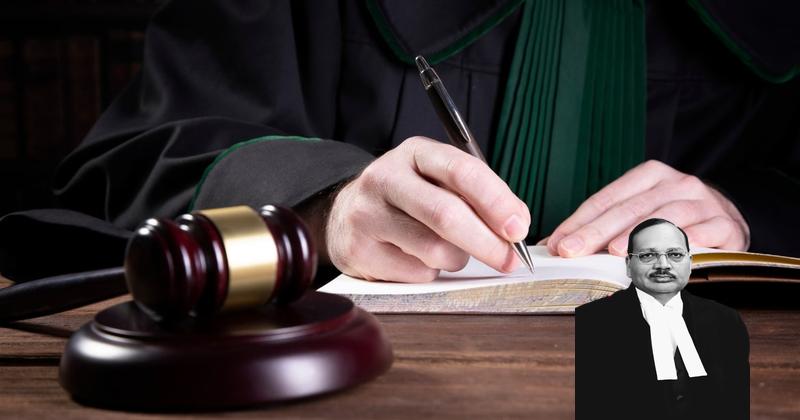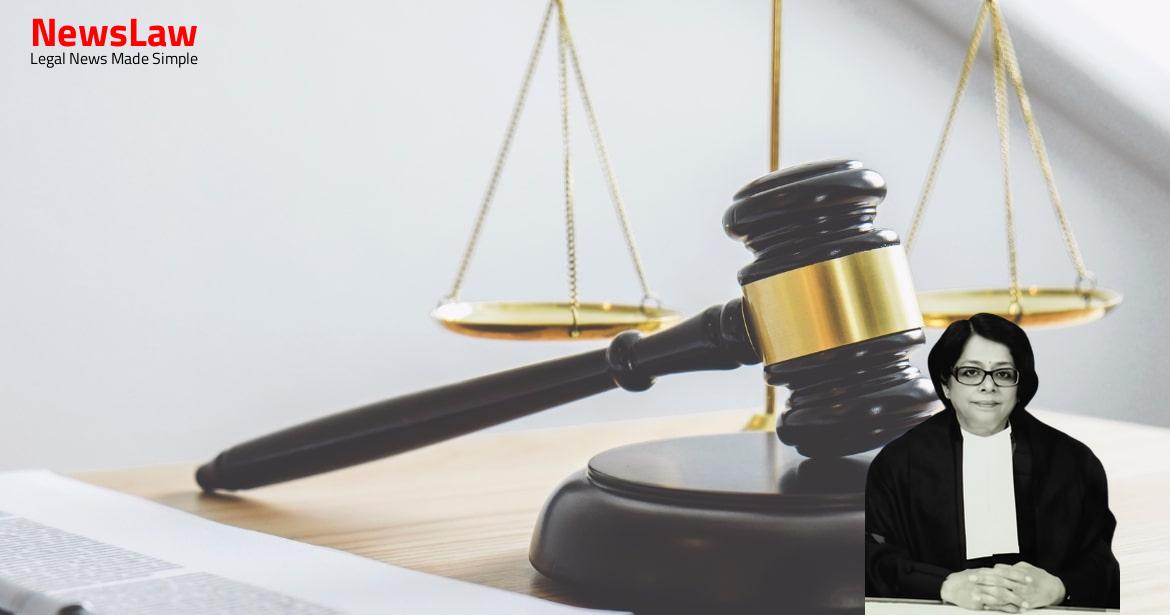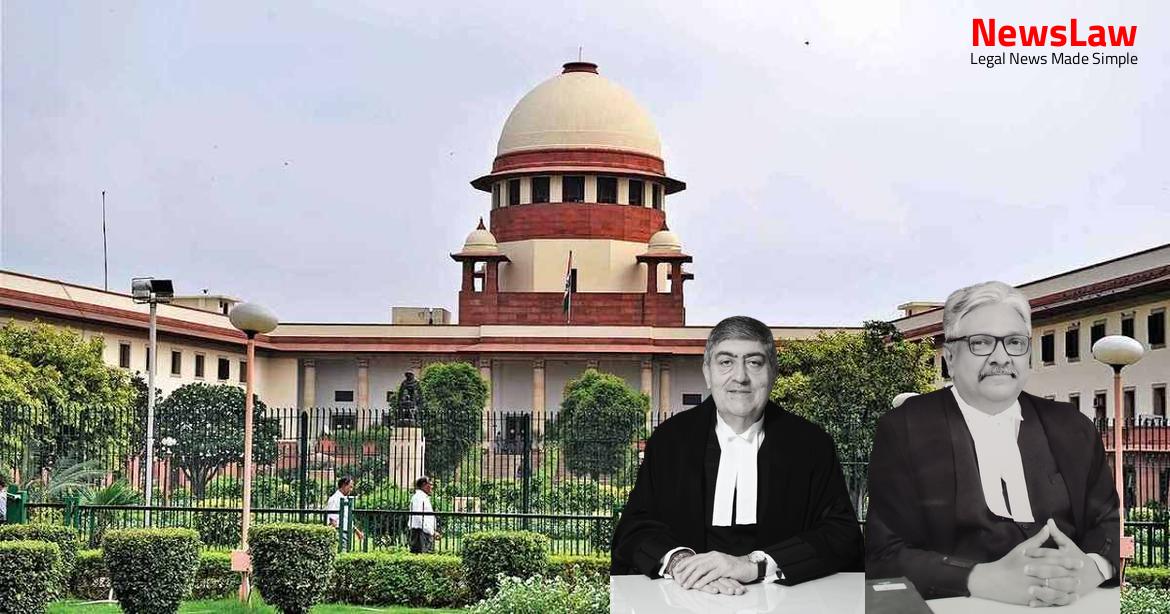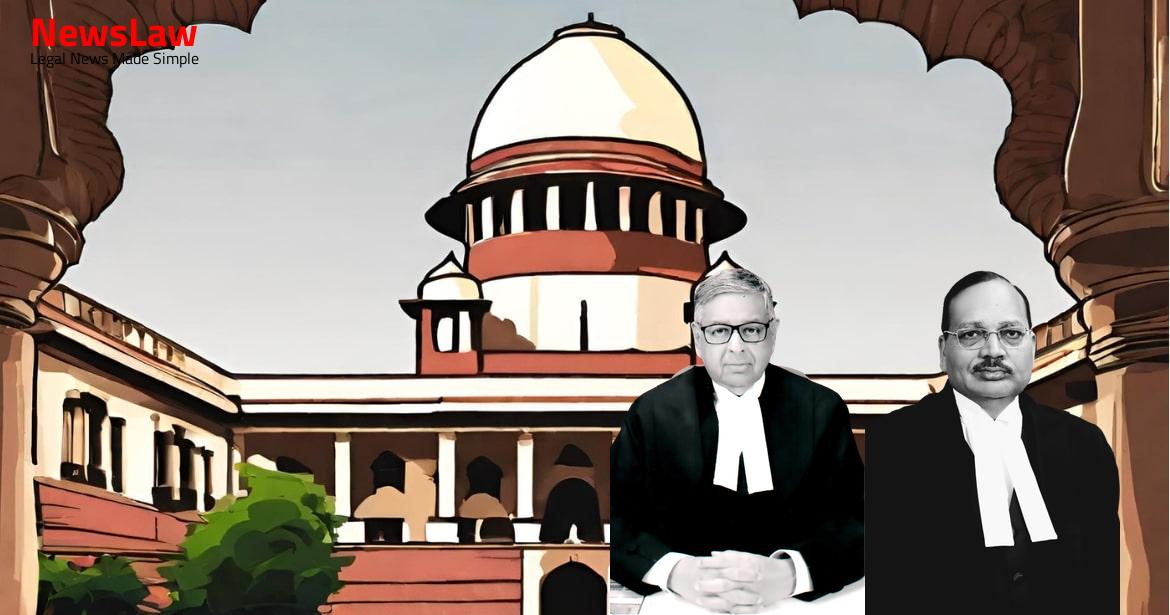The Petitioner herein is the brother of one Kurban Sha (hereinafter, ‘Deceased’) and he seeks transfer of the criminal trial S.T. On the next day, the subject FIR was lodged under Section 302 read with Section 120B of the Indian Penal Code, 1860 (hereinafter, ‘IPC’) and, under Sections 25 and 27 of the Arms Act, 1959 against Respondent No 2 at the behest of one Jahar Sha (hereinafter, ‘De-facto Complainant’), who is stated to be the Deceased’s nephew and an eyewitness to the alleged occurrence. 2 to 8 and Respondent
No 11 by the Trial Court under Sections 302 read with 120B of IPC and, under Sections 25 and 27 of Arms Act, 1959.
Meanwhile, the writ petition filed by the De-facto Complainant was taken up for hearing on the afternoon of the same day when the Trial Court had allowed the Public Prosecutor to withdraw the criminal case. That apart, the modus operandi in the present case is rather transparent since the Public Prosecutor actually acted on such instruction and made an application pursuant to the order of the State Government and, despite having knowledge of this Court being in seisin of the present writ petition, the concerned Sessions Judge has granted consent for such withdrawal, which has the effect of acquitting the accused persons.
In the present case, in view of the arbitrary and unreasoned nature of the instructions of the State to the Public Prosecutor dated February 26, 2021, pursuant to which the Public Prosecutor acted and even the Sessions Court granted consent to such withdrawal, the said instruction as well as the effects thereof have to be set aside.” Accordingly, the High Court directed that any action taken in the meantime, pursuant to the State Government’s notification dated 26.02.2021, including the order allowing withdrawal of the case was liable to be set aside. The learned Single Judge, vide an interim order in the second round of proceedings, noted firstly that the Petitioner is the brother of the Deceased and has the locus to file a fresh writ petition and secondly, in view of the alleged threat to life & liberty of the De-facto Complainant, his name was deleted and the Petitioner was transposed as the writ petitioner. The Trial Court considered the said application and noted that the De-facto Complainant had “ made some statements in his cross examination, which are not in conformity with the version of his examination-in-chief ”.
Advocate appointed by this instant petitioner, shall be given permission to cross-examine PW1. Meanwhile, the instant Transfer Petition was filed in which this Court vide order dated 05.10.2021 directed stay on further proceedings in the trial.
5 allegedly leaned in favour of the ruling party of the State, the prosecution beat a hasty retreat by seeking to withdraw the prosecution, which would have the effect of the accused being discharged scot-free without trial.” It was also noted that on the one hand, the State was defending the withdrawal of Prosecution and on the other, was expediting the trial wherein several witnesses were resiling from their statements. The wife of the Deceased, Saida Sabana Banu Khatun, is alleged to have been attacked by Respondent No 2’s henchmen and relatives of the other accused persons in the premises of the Trial Court.
Patwalia, learned senior counsel for the Petitioner has raised the following contentions seeking transfer of the trial outside the State of West Bengal: (i) The conduct of the State, which was vigorously opposing the bail applications of Respondent No 2 in the past, has dramatically changed and is now detrimental to the Prosecution’s case; (ii) Respondent
Also Read: https://newslaw.in/case-type/criminal/analysis-of-cheating-and-forgery-in-passport-case/
No 2 has at least thirty-four (34) criminal cases registered against him and yet, the State directed withdrawal from prosecution without any cogent reason.
Rather, he was kept in the hospital at Purba Medinipur where he had access to luxurious facilities; (vii) Reliance has been placed on the High Court’s observations while rejecting Respondent No 2’s bail application to the effect that: “The aforesaid narration of events clearly discloses a prevaricating stance on the part of the State of West Bengal. These circumstances give rise to a serious apprehension in the mind of this Court as to the overwhelming and malevolent influence on the witnesses as well as the informant which had prompted them from either withdrawing from the writ petition or resiling from their earlier statements before police during deposition in Court.” (viii) State of Uttar Pradesh to urge that in similar facts and circumstances, the trial was transferred from the State of Uttar Pradesh to the State of Madhya Pradesh, in order to do fair justice to all the parties. Neeraj Kishan Kaul, learned senior counsels on behalf of Respondent
No 1- State of West Bengal and Mr. Giri, learned senior counsel on behalf of Respondent No 2, contended that the facts as revealed do not make out a case for transfer of the trial outside the State of West Bengal. The High Court has acted as a robust supervisory mechanism to oversee the trial proceedings and check any lapses occurring therein; (vi) There are no allegations of unfair investigation and the only Trial Court order found fault with was the order passed by the Link Judge allowing the application for withdrawal of prosecution; (vii) There are 107 Prosecution witnesses in the trial out of which 80 witnesses reside in Purba Medinipur district where the trial is going on. Other cases have also similarly been cited ; (viii) Reliance has been placed on Nahar Singh Yadav v.
2, being in custody, cannot exert any threat or pressure on the witnesses; (xii) The Petitioner has delayed the trial through these proceedings and the accused persons have been in custody for over three years. Section 406(2) of the CrPC provides that the Supreme Court may transfer a case “only on the application of the Attorney-General of India or of a party interested”. Also, it is a well-settled principle of law that statutes must be interpreted to advance the cause of statute and not to defeat it.” Considering this apt and expansive interpretation of phrase ‘party interested’ under Section 406(2) of the CrPC, we hold that the Petitioner, being the real brother of the Deceased, is vitally interested in a fair trial so that the Deceased and his family gets justice. It has by now been well established that a well- founded apprehension that justice will not be done is a prerequisite for transfer of the case.
When it is shown that the public confidence in the fairness of a trial would be seriously undermined, the aggrieved party can seek the transfer of a case within the State under Section 407 and anywhere in the country under Section 406 CrPC.” Thus, although no rigid and inflexible rule or test could be laid down to decide whether or not power under Section 406 CrPC should be exercised, it is manifest from a bare reading of sub-sections (2) and (3) of the said section and on an analysis of the decisions of this Court that an order of transfer of trial is not to be passed as a matter of routine or merely because an interested party has expressed some apprehension about the proper conduct of a trial. Some of the broad factors which could be kept in mind while considering an application for transfer of the trial are: (i) when it appears that the State machinery or prosecution is acting hand in glove with the accused, and there is likelihood of miscarriage of justice due to the lackadaisical attitude of the prosecution; (ii) when there is material to show that the accused may influence the prosecution witnesses or cause physical harm to the complainant; (iii) comparative inconvenience and hardships likely to be caused to the accused, the complainant/the prosecution and the witnesses, besides the burden to be borne by the State exchequer in making payment of travelling and other expenses of the official and non-official witnesses; (iv) a communally surcharged atmosphere, indicating some proof of inability of holding fair and impartial trial because of the accusations made and the nature of the crime committed by the accused; and (v) existence of some material from which it can be inferred that some persons are so hostile that they are interfering or are likely to interfere either directly or indirectly with the course of justice.” Rahul Shukla, this Court has viewed that transfer of a criminal case from one state to another implicitly reflects upon credibility of not only the State Judiciary but also of the prosecution agency.
The procedure followed in the case in hand was completely alien to the scheme of Section 321, CrPC as the decision to withdraw prosecution was taken at the level of the State Government and the Public Prosecutor was merely asked to act upon the said Government notification. In this factual scenario, the question arises whether it is essential to transfer the trial outside the State of West Bengal or whether the ends of justice can be adequately met by issuing alternative appropriate directions?
Also Read: https://newslaw.in/supreme-court/discrepancy-in-date-of-birth-courts-legal-analysis/
So long as the High Court and District Judiciary are ensuring the fairness in trial proceedings within their jurisdictional framework, we are not inclined to accept that the victim’s family will not get fair justice, if the trial is held in the State of West Bengal. (iv) The State of West Bengal is directed to appoint a Special Public Prosecutor on the recommendations of the Chief Judge, City Sessions Court, Calcutta with the prior approval of the High Court.
Case Title: AFJAL ALI SHA @ ABJAL SHAUKAT SHA Vs. THE STATE OF WEST BENGAL (2023 INSC 257)
Case Number: T.P.(Crl.) No.-000409 / 2021



